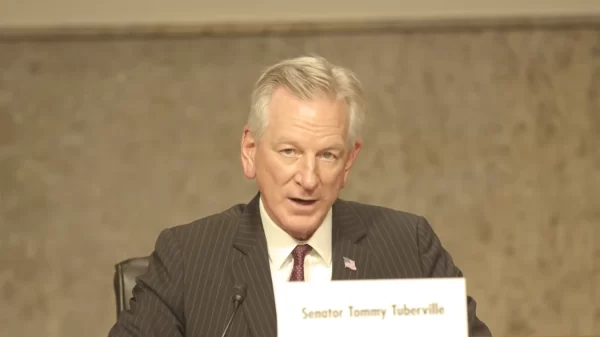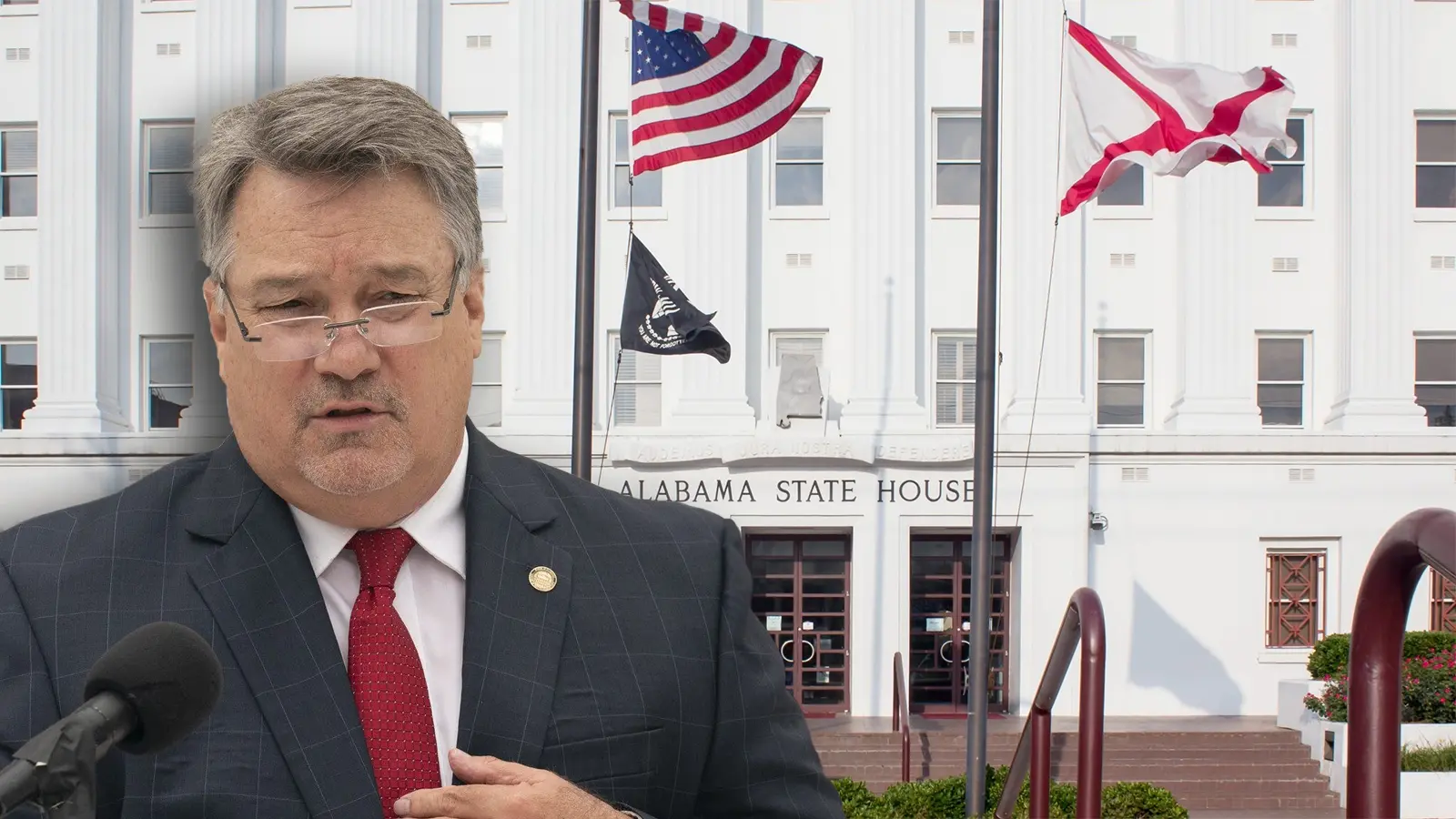|
Getting your Trinity Audio player ready...
|
In the landscape of political leadership, the adage “power reveals character” often serves as a touchstone for assessing the integrity and capability of those in high office. Nathaniel Ledbetter, having ascended to the role of Speaker of the Alabama House of Representatives in 2023, exemplifies a leader whose tenure thus far is marked by decisive character.
From the outset of his leadership in the 2024 legislative session, Ledbetter demonstrated a remarkable ability to navigate complex legislative waters with sound judgment and grace. His adept handling of the comprehensive gambling, lottery, and gaming regulation bill, guiding it through the House, underscores a leadership style that is both assertive and inclusive. This “steel fist in a velvet glove” approach not only propelled significant legislative action but also set a tone of decisive, fearless governance.
What is particularly striking about Speaker Ledbetter’s leadership is the palpable respect and camaraderie he commands among his peers. Members of the House not only regard him as a trustworthy leader but also as a genuine friend—an amalgam that is rare in the often fractious world of politics. This unique blend of personal warmth and professional resolve ensures that his words carry weight and his commitments are taken seriously.
However, the true mettle of a leader is often shown in how they handle adversity and dissent. In this regard, Ledbetter has navigated the delicate balance of leading with conviction while allowing room for diverse voices to be heard—even when these voices manifest the “worst instincts” of political maneuvering. His leadership has been an exemplar of steadiness, steering the legislative ship with a clear focus on the broader welfare of all Alabamians, not merely the interests of a partisan few.
Moreover, Ledbetter’s efforts have transcended party lines, earning him the trust and cooperation of House Democrats. This rare display of bipartisan harmony speaks volumes about his ability to unite differing perspectives toward common legislative goals—a testament to his vision of a more collaborative and less divided legislative process.
In the precarious theater of government, a stark chasm divides management from leadership. Management, a meticulous dance of ticking boxes, contrasts sharply with leadership—a call to action to not only do things right but to do the right things. This soundness of character elevates the collective vision and steels determination, inspiring collaboration toward common goals. It was President Harry Truman who astutely underscored the transformative power of leadership, asserting, “Progress occurs when courageous, skillful leaders seize the opportunity to change things for the better.”
Yet, the American Dream—a tantalizing vision of hope and opportunity—demands more than mere stewards of the status quo. True leadership in government transcends the pursuit of self-aggrandizement and the insatiable thirst for power. It is, at its core, about selfless service. Authentic leaders are those who, with humility and a clear, unwavering purpose, strive to elevate society, not themselves. They are the architects of progress, who dedicate themselves to the betterment of all. In these turbulent times, such leadership is not just beneficial but essential for the prosperity of the state and the fulfillment of its citizens’ aspirations.
In reviewing Speaker Ledbetter’s tenure thus far, it is evident that his leadership is not merely about maintaining the status quo but about setting a new standard. His approach reflects a deep-seated belief in leadership as a service to others—a platform for transformative impact and collective upliftment.
As Alabama moves forward under his stewardship, the legacy of his leadership will likely be defined by the extent to which he continues to harness his power for the common good, inspire collective achievement, and navigate the complexities of governance with unwavering integrity and insight. Speaker Ledbetter, it appears, is not just passing the test of leadership; he is redefining it for a state that is in need of leaders who work for all its citizens, not just partisan interests.



















































